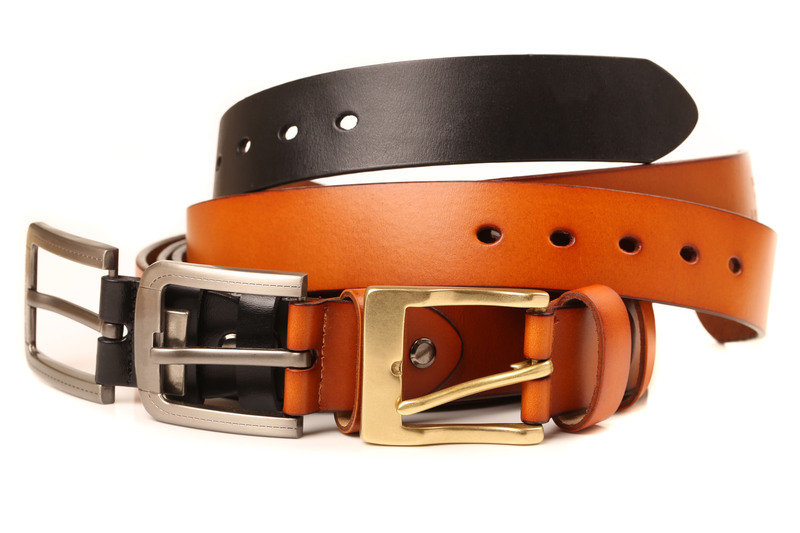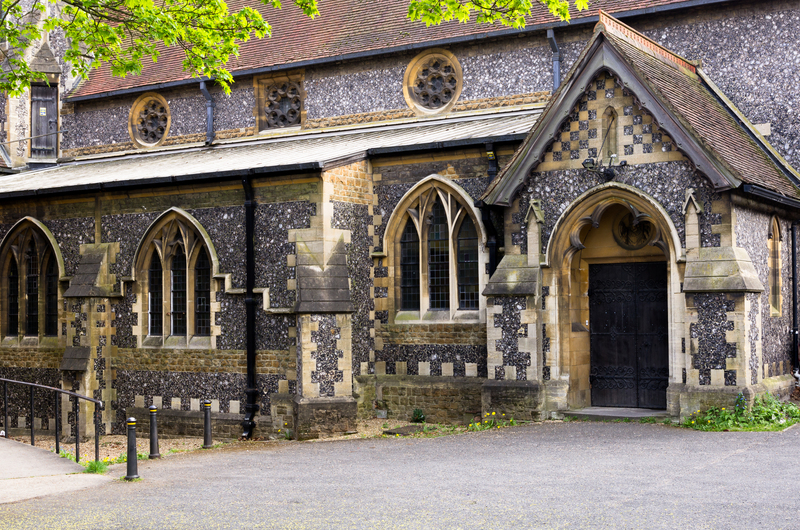Moving a Piano Yourself Is a Bad Idea and Here's Why
Pianos are not just another piece of furniture. They are intricate, massive, and irreplaceable musical instruments that require utmost care while being handled. Many people wonder: "Can I move a piano by myself?" or "Is it safe to move a piano without professional help?" The short answer is a resounding no. In this comprehensive guide, we'll explore why moving a piano yourself is a risky undertaking and what might go wrong if you decide to skip the professionals. Read on to discover all the crucial reasons why hiring experts is the best way to protect your piano, your home, and yourself.
Understanding the Complexity of Moving a Piano
The average upright piano weighs between 300 to 500 pounds, while grand pianos can top up to 1,200 pounds or more. Their weight, awkward shape, and delicate internal mechanism create multiple challenges. Here's what makes moving a piano yourself a much bigger task than it may seem:
- Sheer Weight and Size: Even the smallest pianos are incredibly heavy and bulky.
- Fragile Mechanism: Containing over 10,000 moving parts, a piano's internal system can be ruined by improper handling.
- Irregular Shape: Pianos are top-heavy and difficult to grip, increasing the risk of tipping.
- Expensive Repairs: Damage from a failed move can cost thousands to fix--or render your piano beyond repair.

The Main Risks of DIY Piano Moving
1. Serious Personal Injury
Moving a piano without professional equipment or adequate experience is extremely dangerous. You or your helpers could suffer:
- Back injuries from improper lifting techniques.
- Crushed fingers or limbs if the piano tips or shifts unexpectedly.
- Foot injuries due to dropping the piano or rolling it onto toes.
- Strains, sprains, and even broken bones caused by handling such immense weight.
2. Severe Damage to Your Piano
Pianos are precision instruments sensitive to jostling and improper handling. Attempting to move one yourself can easily result in:
- Broken legs, pedals, or music stands
- Scratched wood or chipped veneer
- Cracked soundboards, which can ruin a piano's tone and value
- Misaligned or broken action and keys
3. Structural Damage to Your Home
Moving a piano through tight hallways, down stairs, or around corners can inflict major damage on your property, such as:
- Gouged walls and door frames
- Scratched or dented floors (including hardwood and tile)
- Broken stair railings or steps
- Damaged carpets and linoleum
4. Transportation Risks
Even if you succeed in getting the piano out of your home, loading it into a vehicle poses more challenges. Unsecured pianos can slide or tip during transit, causing:
- Catastrophic damage to your piano
- Damage to your vehicle or rented moving truck
- Property or road hazards if the piano shifts unexpectedly
The Real Cost of DIY Piano Moving
Thinking about the cost savings of self-moving a piano? It might be far more expensive in the long run. Here's how the expenses can add up:
- Repair costs for damaged floors, walls, or the piano itself
- Medical bills for any injuries incurred
- Replacement cost if your piano is ruined beyond repair--a price tag that could be $5,000 to $100,000 or more
- Truck rental and specialized equipment expenses
- Possible lawsuit liability if someone helping you is injured on your property
The bottom line: skimping on professional movers is rarely worth the risk.
Why Professional Piano Movers Are Essential
Specialized Training and Experience
Piano moving companies employ trained technicians who understand the unique requirements of moving various types of pianos, including upright, baby grand, and concert grand pianos. They know how to:
- Disassemble delicate parts to prevent damage during the move
- Padded wrap and protect your instrument from scratches and humidity changes
- Navigating stairs, doorways, and tight angles using appropriate techniques and communication
Professional Equipment
Pro piano movers come equipped with industry-standard tools like:
- Piano dollies and skid boards
- Custom straps and harnesses for safe lifting
- Securing blankets and padding
- Ramps, lifts, and professional truck loading platforms
Insurance and Liability Coverage
One often overlooked aspect of DIY piano moving is liability. If you damage your own piano or property, you are fully responsible. If someone else is injured, you may be liable for their medical bills. In contrast, licensed piano movers are insured:
- Comprehensive coverage in the event of damage or accident
- Worker protections so you are not at risk for injuries sustained by movers
Piano Moving Horror Stories: What Can Go Wrong?
Still convinced you can move your piano yourself? Consider these real-life mishaps:
- Crushed stairs: A spiraling staircase collapse when a grand piano got stuck during a DIY move, requiring expensive home repairs and piano replacement.
- Neighborhood spectacle: An attempt to lift a piano onto a pickup with too few helpers resulted in the instrument tipping off the truck, shattering on the pavement, and requiring traffic rerouting.
- Personal injuries: Helpers sustaining disc injuries, broken feet, and severe cuts trying to maneuver a piano through a tight basement doorway.
- Silent piano: A local upright, dropped on its side, suffered a cracked soundboard--the cost to repair exceeded buying a new instrument.
Piano Moving Is Not Like Moving a Couch
Don't be fooled by the apparent similarities between pianos and other large pieces of furniture. Unlike a couch or dining table, pianos contain:
- A highly sensitive soundboard that transmits vibrations and is easily cracked by bumps or jolts
- Delicate hammers, strings, and keys that can be thrown out of alignment by sudden movement
- Irreplaceable wood, ivory, or ebony detailing that can chip, dent, and fade when scratched
It's imperative to recognize that even a simple move across a room can cause lasting harm to your valued instrument.
What Should You Do If You Need to Move a Piano?
Here are best practices when moving a piano:
- Always consult a professional piano moving company with proven experience and good reviews
- Request an in-home estimate to understand the full scope and cost
- Ensure the company is insured and licensed for peace of mind
- Schedule your move well in advance for planning and coordination
- After the move, hire a tuner to return your piano to prime condition

Frequently Asked Questions About DIY Piano Moving
Can you move a piano by yourself with friends?
Technically, with enough strong helpers, you might budge a small upright piano. But without the right equipment and technique, you're likely to injure yourselves, your home, or your piano.
What if I only have to move the piano a short distance?
Even moving a piano from one side of the room to another risks permanent damage. Vibration, unsteady movement, or misjudged leverage can break legs, pedals, or keys.
What does it cost to hire professional piano movers?
The cost varies, but most local upright piano moves range from $150 to $500, while grand pianos and longer distances can exceed $1,000. Ultimately, the expense is negligible compared to the cost of repairs or replacement.
Should I try to move a keyboard or digital piano myself?
Unlike acoustic pianos, most digital keyboards can be moved by a couple of adults due to significantly lower weight and lack of a delicate mechanism. However, care should still be taken.
Conclusion: Why Moving a Piano Yourself Is a Bad Idea
Moving a piano yourself is a bad idea--and the reasons are clear. The risks far outweigh the perceived savings and convenience. Pianos are precious, both as musical instruments and as family heirlooms. By attempting a DIY piano move, you put your instrument, your home, and your health in jeopardy.
To ensure your piano arrives at its new home safe, sound, and ready to play, trust only professional piano movers with the experience, tools, and insurance required to do the job right. Protect your investment and let the experts handle this special task.
Ready to Move Your Piano? Don't Go It Alone!
- Do your research and hire reputable professional piano movers
- Rest easy knowing your piano--and your home--are in safe hands
- If you have questions, consult your local piano store or piano technician for referrals
Remember: When it comes to piano moving, it's not just about muscle--it's about knowledge, experience, and care.



